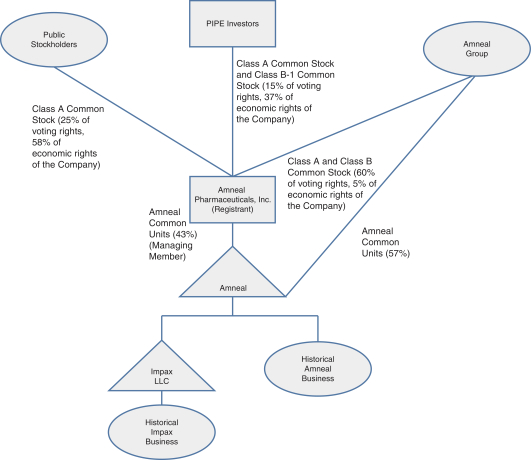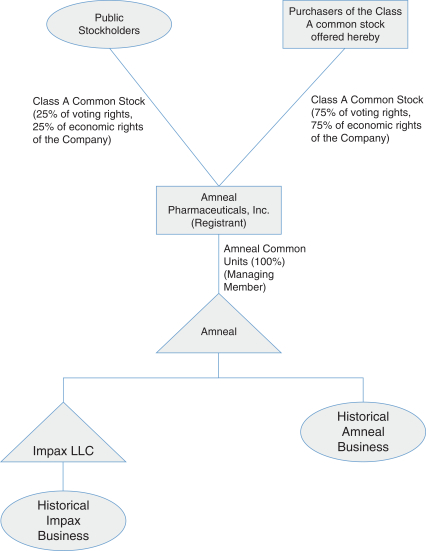Section 145 further provides that to the extent a director or officer of a corporation has been successful on the merits or otherwise in the defense of any action, suit or proceeding referred to in subsections (a) and (b) of Section 145, or in defense of any claim, issue or matter therein, such person shall be indemnified against expenses (including attorneys’ fees) actually and reasonably incurred by such person in connection therewith; that indemnification provided for by Section 145 shall not be deemed exclusive of any other rights to which the indemnified party may be entitled; and the indemnification provided for by Section 145 shall, unless otherwise provided when authorized or ratified, continue as to a person who has ceased to be a director, officer, employee or agent and shall inure to the benefit of such person’s heirs, executors and administrators. Section 145 also empowers the corporation to purchase and maintain insurance on behalf of any person who is or was a director, officer, employee or agent of the corporation, or is or was serving at the request of the corporation as a director, officer, employee or agent of another corporation, partnership, joint venture, trust or other enterprise against any liability asserted against such person and incurred by such person in any such capacity, or arising out of his status as such, whether or not the corporation would have the power to indemnify such person against such liabilities under Section 145.
Section 102(b)(7) of the DGCL provides that a corporation’s certificate of incorporation may contain a provision eliminating or limiting the personal liability of a director to the corporation or its stockholders for monetary damages for breach of fiduciary duty as a director, provided that such provision shall not eliminate or limit the liability of a director (i) for any breach of the director’s duty of loyalty to the corporation or its stockholders, (ii) for acts or omissions not in good faith or which involve intentional misconduct or a knowing violation of law, (iii) under Section 174 of the DGCL, or (iv) for any transaction from which the director derived an improper personal benefit.
Any underwriting agreement or distribution agreement that the registrant enters into with any underwriters or agents involved in the offering or sale of any securities registered hereby may require such underwriters or dealers to indemnify the registrant, some or all of its directors and officers and its controlling persons, if any, for specified liabilities, which may include liabilities under the Securities Act of 1933, as amended.
The Charter provides for the mandatory indemnification, to the fullest extent permitted by applicable law, of any person who was or is made or is threatened to be made a party or is otherwise involved in any action, suit or proceeding, whether civil, criminal, administrative or investigative, by reason of the fact that he, or a person for whom he is the legal representative, is or was a director or officer of the Company or is or was serving at the request of the Company as a director, officer, employee or agent of another corporation or of a partnership, joint venture, trust, enterprise or nonprofit entity, including service with respect to employee benefit plans, against all liability and loss suffered and expenses (including attorneys’ fees) reasonably incurred by such person.
However, the Company will not be required to indemnify any director or officer in connection with any proceeding (or part thereof) initiated by such person or any proceeding by such person against the Company or its directors, officers, employees or other agents unless (i) such indemnification is expressly required to be made by applicable law, (ii) the proceeding was authorized by the Board, (iii) such indemnification is provided by the Company, in its sole discretion, or (iv) such indemnification is required to be made under the Charter, pursuant to the powers vested in the Company under the DGCL or any other applicable law.
The Charter provides for mandatory advancement of expenses incurred by any indemnified person; provided the person to whom expenses are advanced undertakes to repay such amounts if it is ultimately determined that he or she is not entitled to be indemnified by the Company under its Charter or otherwise.
However, no advance will be made by the Company to an executive officer of the Company (except when such executive officer is or was a director of the Company) in any action, suit or proceeding, whether civil, criminal, administrative or investigative, if a determination is reasonably and promptly made (i) by a majority vote of directors who were not parties to the proceeding, even if not a quorum, or (ii) by a committee of such directors designated by a majority vote of such directors, even though less than a quorum, or (iii) if there are no
II-2



